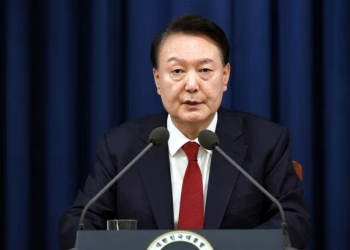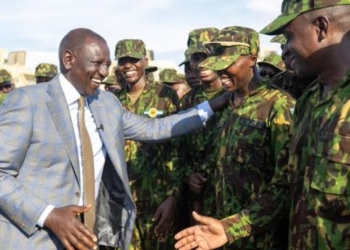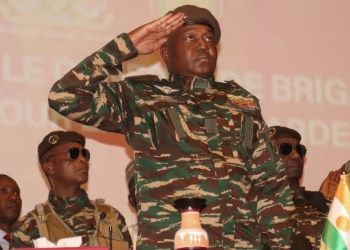As Georgia prepares for a crucial election, opposition parties are framing it as a choice between aligning with Europe or drifting back into Russia’s sphere of influence. This sentiment is deeply rooted in Georgia’s past, notably the five-day war with Russia in 2008, which saw the city of Gori bombed and occupied, and the region of South Ossetia remain under Russian control.
Four opposition groups are rallying to end the 12-year rule of the Georgian Dream (GD) party, led by billionaire Bidzina Ivanishvili. They accuse the ruling party of backtracking on the country’s efforts to join the European Union (EU). Mindia Goderdzishvili, from the opposition Coalition for Change, highlighted the trauma of Russian occupation, arguing that GD exploits these emotions to maintain power.
Georgian Dream rejects the narrative of a pro-Russia drift, positioning itself as the party of peace. Despite pledging to bring Georgia into the EU by 2030, its commitment is questioned due to recent controversial laws, including one on “foreign influence” that the EU claims threatens media freedom and civil society.
Georgia’s pro-EU President Salome Zourabichvili has endorsed the opposition’s call for a technocratic government if they succeed in the polls. Still, GD remains a dominant force, partly due to Ivanishvili’s influence. He has pledged to ban the main opposition party, United National Movement (UNM), accusing its leaders of treason for their actions during the 2008 conflict.
In Gori, a city scarred by war, many locals hope for economic revitalization and protection from Russian encroachment. While nostalgia for the Soviet era lingers, the desire for a European future appears stronger. However, with polls unreliable and election transparency under scrutiny, it remains unclear who the voters will trust to secure that future.















